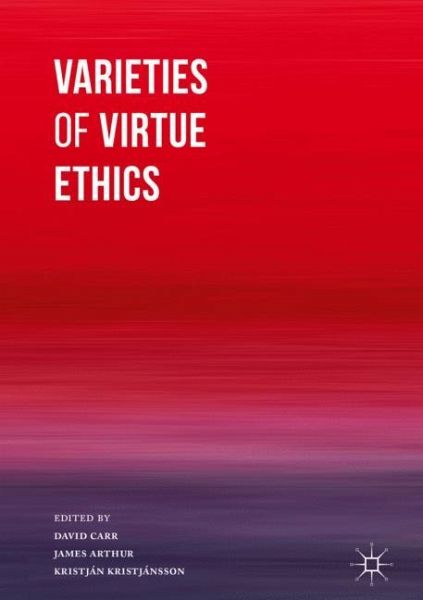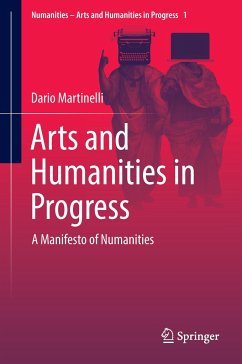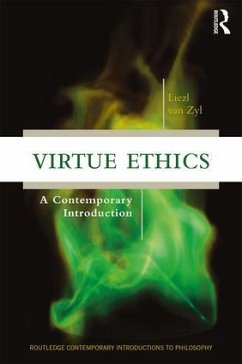
Varieties of Virtue Ethics

PAYBACK Punkte
61 °P sammeln!
This book explores recent developments in ethics of virtue. While acknowledging the Aristotelian roots of modern virtue ethics - with its emphasis on the moral importance of character - this collection recognizes that more recent accounts of virtue have been shaped by many other influences, such as Aquinas, Hume, Nietzsche, Hegel and Marx, Confucius and Lao-tzu. The authors also examine the bearing of virtue ethics on other disciplines such as psychology, sociology and theology, as well as attending to some wider public, professional and educational implications of the ethics of virtue. This p...
This book explores recent developments in ethics of virtue. While acknowledging the Aristotelian roots of modern virtue ethics - with its emphasis on the moral importance of character - this collection recognizes that more recent accounts of virtue have been shaped by many other influences, such as Aquinas, Hume, Nietzsche, Hegel and Marx, Confucius and Lao-tzu. The authors also examine the bearing of virtue ethics on other disciplines such as psychology, sociology and theology, as well as attending to some wider public, professional and educational implications of the ethics of virtue. This pioneering book will be invaluable to researchers and students concerned with the many contemporary varieties and applications of virtue ethics.












